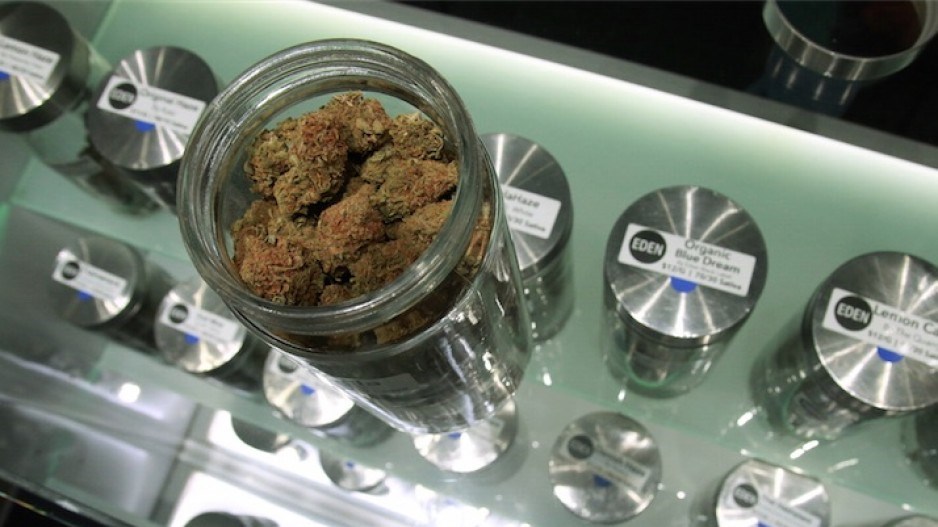A lawsuit filed by B.C. Interior cannabis retailers over black market shops operating on First Nations reserves has been thrown out by a BC Supreme Court justice.
Last year, a group of 14 cannabis retailers in the Okanagan and Shuswap filed a civil claim against the provincial government alleging it has failed to enforce the Cannabis Control and Licensing Act on First Nations reserves.
The retailers say they have been undercut by on-reserve pot shops selling untaxed black market cannabis. The on-reserve stores also sell cannabis products like edibles that are stronger and violate Health Canada’s rules.
The group of legal retailers, calling themselves the Okanagan Cannabis Collective, alleged there are around 50 on-reserve pot shops operating in the region.
The lawsuit sought $40 million in damages, arguing that the government induced small business people into a new industry by assuring them that they would take enforcement action against illegal shops on reserves.
On Monday, Justice Jasvinder Basran tossed the lawsuit before trial, ruling that it is unable to succeed.
The provincial government successfully argued that it does not owe legal cannabis retailers a “duty of care to ensure they do not lose profits while competing with unlicensed cannabis retailers operating on Indigenous reserves.”
The justice noted that in the Cannabis Control and Licensing Act, enforcement powers are discretionary.
“The discretionary exercise of these enforcement powers that takes reconciliation with Indigenous people into account is neither unusual nor surprising,” Basran ruled. “This is because whenever such powers are conferred by statute it is expected that decision-makers will balance many competing rights and obligations beyond the obligation to enforce the law.”
“I am also not persuaded that the Minister intended to induce retailers to enter this potentially lucrative new market with promises of specific, ongoing, and targeted use of its discretionary enforcement powers,” Basran continued.
The provincial government has been opting to use the carrot rather than the stick when dealing with illegal on-reserve cannabis shops.
The police team the B.C. government set up to enforce cannabis laws, the Community Safety Unit, has shut down Indigenous-owned illegal cannabis shops operating off-reserve. They have also enforced laws related to advertising and promotion of on-reserve shops.
The judgment notes that three Indigenous nations entered into new or updated cannabis agreements with the provincial government. There are, however, more than 200 First Nations in B.C.




